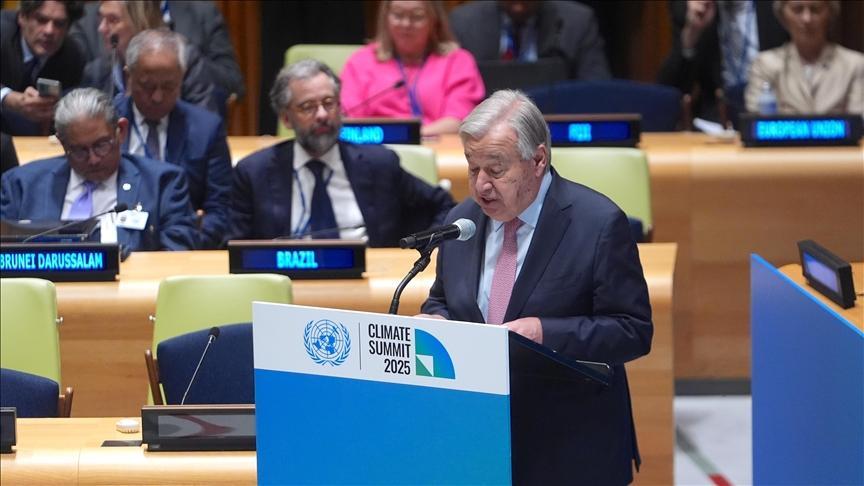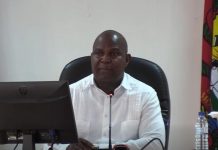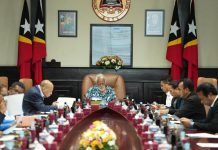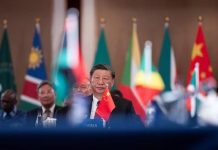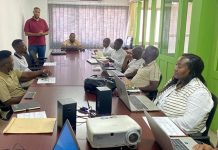Africa-Press – Mozambique. The World Meteorological Organization (WMO) on Monday convened an extraordinary congress of its 193 members to accelerate efforts toward universal early warning coverage by 2027, as part of the UN’s Early Warnings for All initiative.
The four-day meeting, which opened with a ministerial-level event, also marks the WMO’s 75th anniversary as the UN’s specialized agency for weather, climate, and water. UN Secretary-General Antonio Guterres is expected to address the congress on Wednesday.
“Seventy-five years ago, the World Meteorological Organization was born out of the reality that weather, water and climate respect no national boundaries,” WMO Secretary-General Celeste Saulo said in a report. “Global collaboration on observations and forecasts is indispensable because no individual country can do this on their own.”
Saulo emphasized that “there can be no resilient development, no food security, no infrastructure planning and no disaster risk reduction without the services, science and infrastructure that we collectively provide.”
According to the WMO, the number of countries with multi-hazard early warning systems has more than doubled in the past decade, from 52 in 2015 to 108 in 2024, but major gaps persist, particularly in developing and conflict-affected countries. Disaster mortality remains six times higher in nations with limited early warning capacity.
A new WMO report, Early Warnings for All in Focus: Hazard Monitoring and Forecasting, showed that half of assessed countries possess only basic capacity in monitoring and forecasting.
Despite growing satellite use and expanded data-sharing networks, “compliance with the Global Basic Observing Network remains low” in least developed and small island states.
“The success of Early Warnings for All is not measured in reports or resolutions, but in lives saved and livelihoods protected,” Saulo wrote in the report’s foreword. “As we look toward 2027, let us redouble our efforts to ensure that no one — no matter where they live — is left unprotected.”
For More News And Analysis About Mozambique Follow Africa-Press

